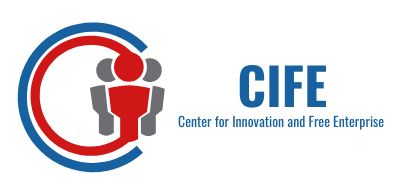The overall cost of healthcare continues to cripple America’s businesses and employees. Fortunately, Congress passed the No Surprises Act (NSA), which establishes new federal protections for patients against surprise medical bills. Specifically, the NSA protects people covered under group and individual health plans from receiving surprise medical bills when they receive most emergency services, non-emergency services from out-of-network providers at in-network facilities, and services from out-of-network air ambulance service providers.
And while surprise medical bills may be done, businesses are still getting surprised with fees! The reason can be attributed to a no longer needed healthcare plan coverage program called “Shared Savings” which is still being sold to American employers.
Shared Savings programs allow employers to pay a more favorable rate than is typical for out-of-network care. However, the NSA already created a framework to ensure fair payment for services provided out-of-network. Insurers are now requiring employers to pay for a service they should already have access to by law. To add insult to injury, insurers then charge a fee based on the difference between the amount charged by the patient’s doctor and the amount that is ultimately paid under the new framework created by the NSA – despite the fact that federal law, not the insurance company’s negotiating efforts, ultimately determines the final payment amount.
These “Shared Savings” programs – which are essentially add-on insurance plan offerings – are pitched to businesses as a way to further reduced costs when their employees visit an out-of-network doctor and continue to protect their employees from any surprise bills (despite the fact that it’s now illegal to send a patient a surprise bill).
However, more often than not, the combined cost of fees and initial care exceeds the financial toll that would have resulted had the insurer simply negotiated an in-network arrangement with the provider in the first place! And these “contracting and pricing” fees add up fast — often times millions of dollars every year.
With no real shared savings for businesses, the scheme of Shared Saving program fees continues to provide insurers a direct incentive to push more providers out-of-network.
With the implementation of the No Surprises Act in the coming months, there is an opportunity to lower or remove these fees and increase transparency into group health plans.
